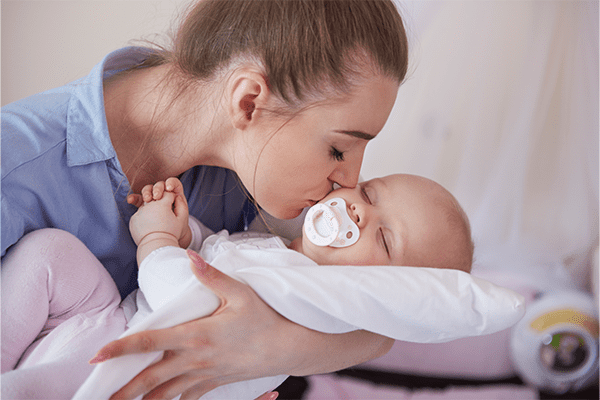
Postpartum Mother-Care
The postpartum period is a critical time for a mother’s physical and emotional recovery after childbirth. Prioritizing postpartum mother-care is essential for ensuring the well-being of both the mother and the newborn.The postpartum period for a woman and her newborn is very important for both short-term and long-term health and well-being. This activity should help the interprofessional team on how to provide comprehensive postpartum care for the new mother.

Rest and Recovery
The first and foremost priority in postpartum mother care is ample rest and recovery. The body undergoes significant changes during childbirth, and rest is important for the healing process. Encourage the new mother to rest whenever possible, delegate tasks to others, and not hesitate to ask for help.

Emotional Well-being
Postpartum emotions can be overwhelming and may differ from joy to anxiety. Providing emotional support is essential during this time. Encourage open communication, create a supportive environment, and let the new mother express her feelings without judgment. If feelings of sadness or anxiety persist, seeking professional help is crucial.

Nutrition and Hydration
A well-balanced diet is crucial for a postpartum mother’s recovery. Nutrient-dense foods, rich in vitamins and minerals, can aid in replenishing energy levels and supporting breastfeeding. Adequate hydration is equally important, as it aids in milk production and helps prevent postpartum fatigue.

Regular Check-ups
Regular postpartum check-ups with healthcare providers are essential. These appointments allow for monitoring physical recovery, addressing any concerns, and ensuring that both the mother’s care and baby are thriving.

Physical Exercise
Gradual re-introduction of gentle exercises, as approved by a healthcare professional, can aid in postpartum recovery. Activities like walking or postnatal yoga can help improve mood, energy levels, and overall physical well-being.

Family Support
Building a support network is crucial for postpartum mother care. Friends, family, and support groups can provide valuable assistance and companionship. Sharing experiences with other mothers can reduces emotions of loneliness.

Self-Care Rituals
Promote self-care rituals that allow the new mother to prioritize her own needs. Whether it’s a soothing bath, a short nap, or a quiet moment with a favorite book, carving out time for self-care contributes to overall well-being.

Bonding and Connection
Foster bonding between the new mother and her baby. Encourage skin-to-skin contact, facilitate family time, and offer assistance with baby care. Strengthening the emotional connection with the newborn can positively impact the mother’s mental well-being.
Conclusion
Prioritizing postpartum mother care is not just an act of love; it is an investment in the long-term well-being of both the mother and the newborn. By providing the necessary support, understanding, and resources during this transformative period, we can empower mothers to navigate the challenges of early motherhood with strength and resilience. Remember, a well-cared-for mother is better equipped to provide the love and care her newborn needs.






